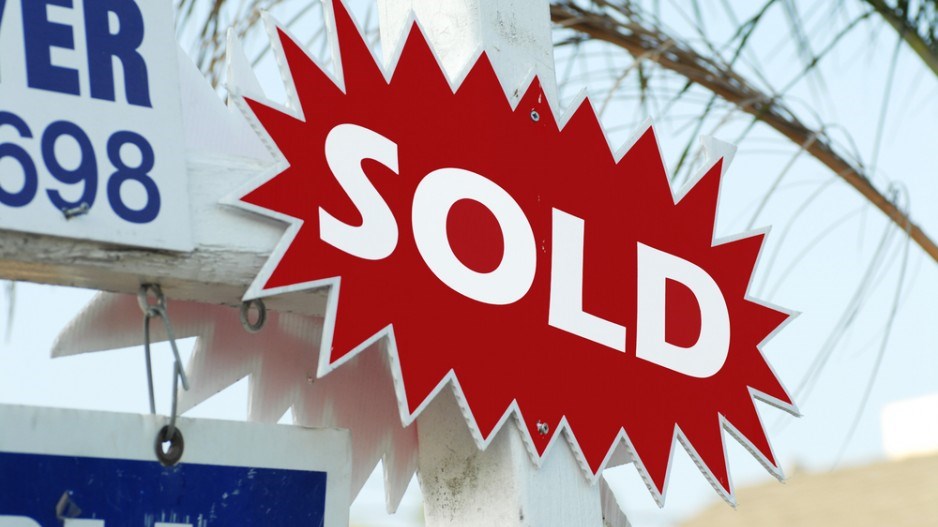Billions for buildings
All the major sources agree that 2015 was a blockbuster year for real estate deals in B.C., led by strong demand for Metro Vancouver real estate.
Avison Young notes that 149 deals worth more than $5 million each closed provincewide last year, for a grand tally of $2.7 billion.
Colliers International topped that total with its own report on the Metro Vancouver market, identifying $4.25 billion worth of transactions greater than $1 million across asset classes (single-family residences weren’t included, notwithstanding the raging debate about local homes being used as cash stashes for offshore buyers).
Avison Young and Colliers agreed, however, on the leading role played by retail properties last year, with Colliers’ numbers suggesting multi-family transactions edged out retail properties by a small margin (retail deal volumes trumped every other class, however).
The picture shifts when reading Altus Group’s roundup of the market, in which the tally skyrockets to a whopping $7.95 billion, with land sales accounting for 1,192 of the 1,896 deals done.
The news continues on a robust track with the Real Estate Board of Greater Vancouver’s (REBGV) count of 2,307 commercial property sales within its jurisdiction. The deals totaled $8.4 billion, a record for the region and a match to the banner year for residential sales. (REBGV stats indicate that 42,326 residential units changed hands last year.)
The opening months of 2016 promise more of the same, but whether assets can keep up with demand is another question.
Investment flows
Just where was all this cash coming from?
Avison Young doesn’t distinguish foreign investors from domestic players, categorizing purchasers as private or institutional buyers. These two categories accounted for 93% of all transactions last year (86% by dollar value).
Colliers International notes that Chinese capital was notable in elbowing out U.S. parties in the latter half of 2015, when most deals took place and the value of completed deals doubled. “Over the past six months, inbound investment activity to Vancouver has totalled US$589.8 million,” Colliers reports. “This is a significant increase compared to the same period last year where inbound investment activity totalled US$6.4 million with the buyer originating from the U.S.”
A variety of financing options helped support many of the deals within Canada, even as Canadians took more than US$24 billion worth of their flagging loonies south to lead foreign investment activity in the U.S.
Avison Young expects “more of the same” in 2016, as investors seek higher yields from stable investment opportunities.
Green, from scratch
It’s tough to make changes unless there’s no road back, and one more example of that comes from Mark Chambers, executive vice-president of Jones Lang LaSalle, who was involved in the leasing of Telus Garden, recently certified LEED (Leadership in Energy and Environmental Design) Platinum, and is now handling lease-up of SwissReal Group’s new tower at 475 Howe Street.
Many existing office tenants, he said, haven’t been able to justify the expense of upgrading to new, high-efficiency space given the significant cost of relocating to, and then outfitting, a new space.
While studies have been done for the likes of Bentall Kennedy underscoring the value of greening a portfolio as a way to obtain higher rents, greater occupancy rates and happier tenants, Chambers said the companies most likely to make the leap have been newcomers to the market.
“They’re spending the money anyway – it’s a bit easier to justify,” he said. “The Amazon commitment at Telus Garden is a notable one.”
Whether a new-to-Vancouver tenant swoops in for space on Howe Street is another question. SwissReal has landed just one tenant for The Exchange, which will have 369,000 square feet when it completes in 2017.
National Bank of Canada has taken just 45,000 square feet, but Chambers said interest from others is strengthening as completion nears. •




